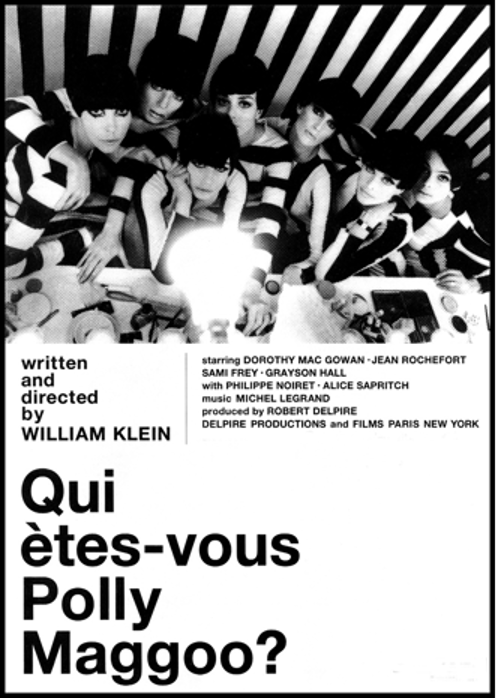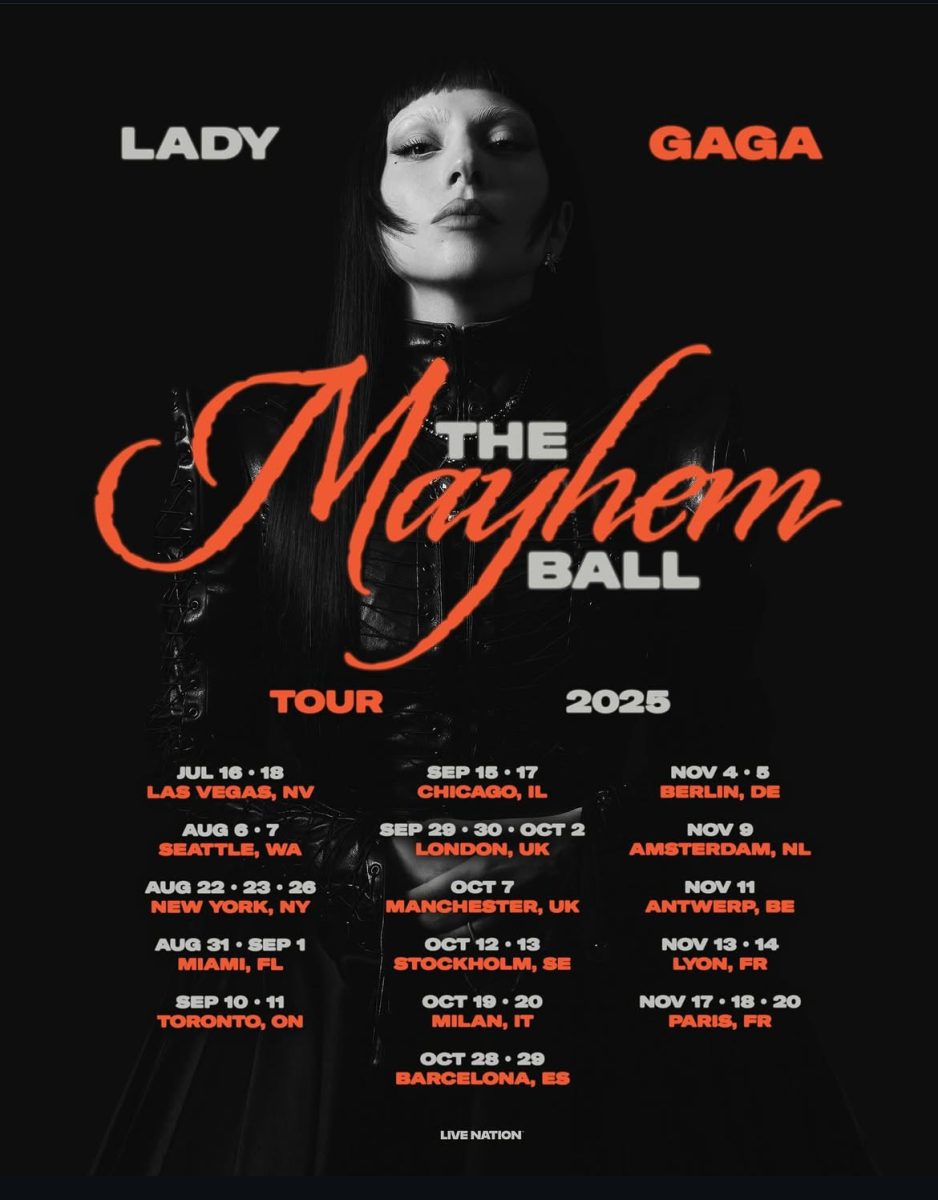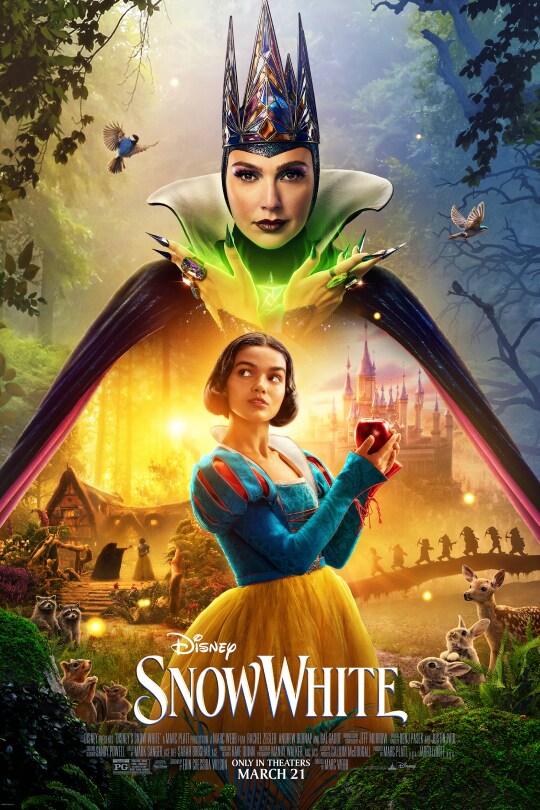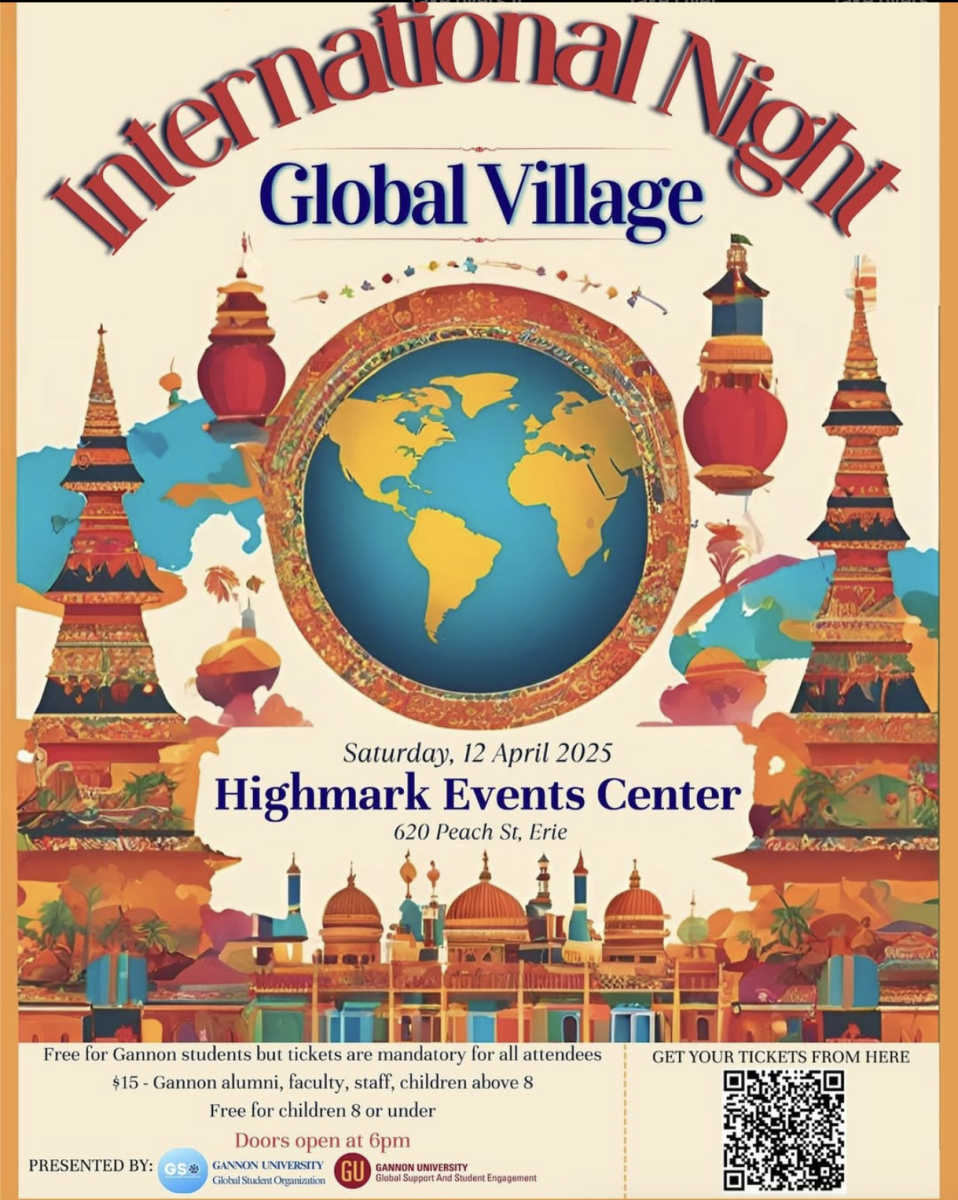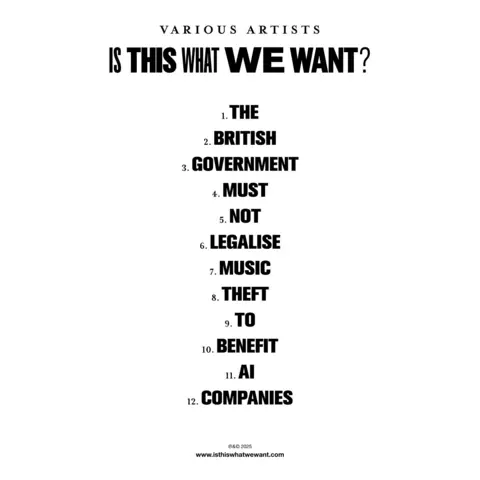Erie Pa., — Influential photographer and a staple in the fashion world, William Klein highlights the public’s reverie, produced through media manipulation, in his debut film, ‘Who Are You Polly Maggoo?’
With Klein’s unconventional photography and bold moves in the fashion world, this film’s mockery is presented through the experimental style known in his work. Utilizing his firsthand experiences in the industry, Klein mocks the shallowness of the public’s perceptions and those who control them.
Focused on fashion model Polly Maggoo, the movie delves into her life as the most famous woman in the industry, with everyone just dying to know her.
A camera crew for the French television show ‘Who Are You?’—a series focused on revealing famous people’s unknown truths—is seen rushing around Polly’s apartment, their presence unnoticed by Polly. Upon arriving home and being shocked to find herself suddenly on set, she immediately begins answering the interviewer’s trite questions. While providing truthful yet consequently banal answers, the crew finds there to be no star quality about her—other than her glamorous looks, of course.
However, one crew member finds himself attracted to her vacancy despite his peers’ rejections. While the rest of the crew wants to scrap the episode entirely, he seeks more answers about her. His attraction based on nothingness parallels that of Parisian men chasing Polly. Strangers call out to her on the street, proposing marriage, and one even cuts a piece of her hair to possess just a part of her beauty.
Despite many men pursuing her affection, Polly dreams of finding her prince charming, only to find out that a prince is madly in love with her.
The movie takes a nonsensical fairytale-esque turn with a royal romance between Polly and Prince Igor. The prince comes across her photograph and falls hopelessly in love, so affected by this infatuation that it causes his mother to send out her most honored men to find Polly and bring her back to the prince.
Throughout the film, the focus is on the journalist and prince’s longing for Polly and how they both dream of sweeping her off her feet. The men daydream about what romance with her may be like despite the obstructing mystery of who she is. Klein’s artistic talents portray the absurdity of these men’s attractions through dream-like scenes painted with avant-garde details to enhance the satire.
In addition to men’s infatuation with the model, the fashion world must also chase after her beauty.
Miss Maxwell, the editor of a famous fashion magazine, is a clear mockery of former Vogue editor Diana Vreeland, under whom Klein had worked. Being such an influence in the fashion world, Miss Maxwell shares her perceptions of Polly, based solely on her profitable beauty. To her, Polly is just the current face of glamour who must be known but will one day be forgotten due to age. Until that time comes, Polly will be created by Miss Maxwell and displayed for all.
The irony of the film lies within its title. Despite seeming to want to know who Polly Maggoo is, their pursuits are all based on selfishness. The gain of Polly only results in their acquisition of her beauty, but nothing beyond the surface—therefore, do they really want to know her? They all create a fascination with her, caring nothing about who she may be but only what they want her to be.
Klein aims to criticize the public’s quick ability to judge and believe; the audience of the film knows little about Polly as well leaving us to wonder: Who are you, Polly Maggoo?
The film is an artistic dive into the fashion world through the eyes of the artist himself, revealing a truth lying within it. The farce is successful through the scene’s visual whimsy and the characters’ written foolishness. It is a recommended film for artistic pleasure and a desire for droll amusement.


